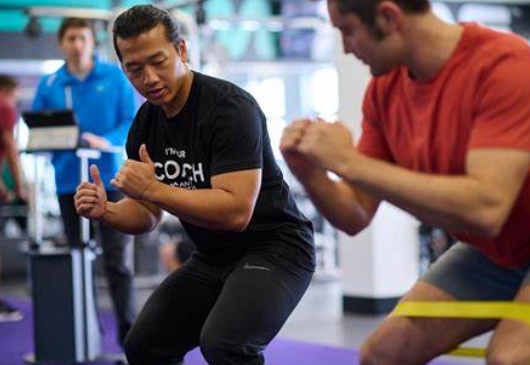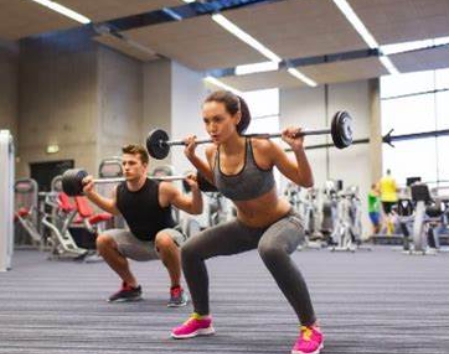Hydration is one of the most important aspects of exercise, yet it is often overlooked. While many people focus on their workout routines, diet, or the types of exercises they perform, the role of water in fitness cannot be underestimated. Staying properly hydrated is essential for ensuring that your body performs at its best during physical activity. From maintaining energy levels to preventing cramps and enhancing recovery, hydration plays a key role in maximizing the benefits of your workouts.
When you exercise, your body loses fluids through sweat and increased respiration. This fluid loss needs to be replaced to prevent dehydration, which can lead to fatigue, dizziness, heat exhaustion, and impaired performance. Dehydration affects many aspects of your workout, including strength, endurance, and cognitive function. Even mild dehydration can cause your body to work harder to maintain temperature regulation, which can lead to increased fatigue and a decline in performance.
Proper hydration helps regulate your body temperature during exercise. As you work out, your muscles generate heat, which increases your body temperature. Sweat is the body’s natural cooling mechanism, but it also leads to a loss of fluids and electrolytes. By drinking water before, during, and after exercise, you help replenish lost fluids and maintain optimal body temperature, reducing the risk of heat-related issues. This is particularly important when exercising in hot or humid environments, where fluid loss is more rapid.
In addition to temperature regulation, staying hydrated supports cardiovascular function during exercise. When you’re well-hydrated, your heart can pump blood more efficiently, ensuring that oxygen and nutrients are delivered to your muscles. Dehydration, on the other hand, can reduce blood volume, making your heart work harder to circulate blood throughout your body. This can lead to increased heart rate, decreased endurance, and a higher perceived effort during exercise. Staying hydrated allows your cardiovascular system to function smoothly, helping you maintain better performance and stamina.
Hydration also plays a key role in muscle function. Your muscles rely on water for proper contraction and flexibility, and dehydration can impair muscle coordination and increase the risk of cramping. When you’re dehydrated, your muscles are more prone to fatigue and cramping, which can disrupt your workout and even cause injury. Drinking water throughout your exercise routine helps your muscles perform optimally, allowing you to push harder and longer without discomfort. It’s especially important during high-intensity workouts or activities that involve prolonged periods of exertion, such as running, cycling, or weightlifting.
Electrolytes, such as sodium, potassium, and magnesium, are also critical for maintaining muscle function and hydration. These minerals help balance the fluid levels inside and outside of your cells and support nerve function. During exercise, you lose electrolytes through sweat, and replacing them is crucial for preventing muscle cramps and fatigue. While water alone can help rehydrate your body, consuming beverages that contain electrolytes—such as sports drinks, coconut water, or electrolyte tablets—can help replenish these important minerals, especially after long or intense workouts.
It’s also worth noting that dehydration can affect cognitive function. When you’re dehydrated, your brain struggles to function at its best, leading to difficulty concentrating, slower reaction times, and decreased mental clarity. Staying hydrated improves focus and alertness, making it easier to stay on top of your workout routine. This is particularly important in sports or activities that require quick thinking, like tennis, basketball, or martial arts, where a lapse in concentration can impact your performance.
Hydrating before, during, and after exercise is key for ensuring that your body stays in optimal condition throughout your workout. Aim to drink water consistently throughout the day, not just when you’re exercising. Dehydration can sneak up on you, so it’s important to stay ahead of it by maintaining good hydration habits. A general guideline is to drink about 17-20 ounces of water two to three hours before exercise and an additional 8-10 ounces about 20-30 minutes before starting. During exercise, take small sips of water every 15-20 minutes to maintain hydration levels. After your workout, drink enough water to replace the fluids lost through sweat, typically about 16-24 ounces for every pound of body weight lost during exercise.
In conclusion, staying hydrated is a crucial part of any fitness routine. Proper hydration supports muscle function, cardiovascular performance, temperature regulation, and cognitive ability. It also reduces the risk of cramps, fatigue, and heat-related issues, helping you stay safe and perform your best during exercise. Don’t neglect the importance of hydration—it’s a simple yet powerful tool that can take your workouts to the next level and help you achieve your fitness goals more effectively.





